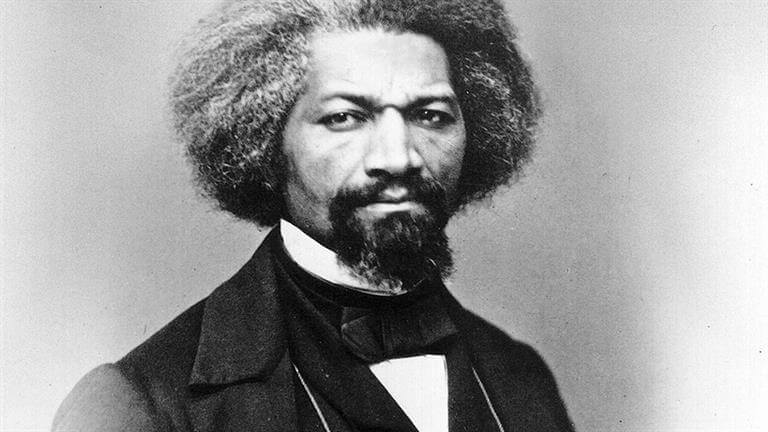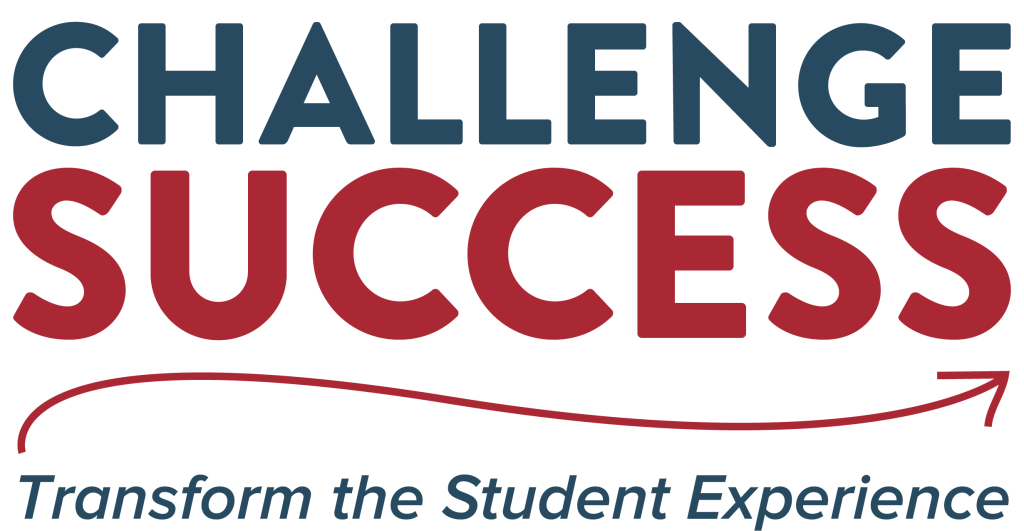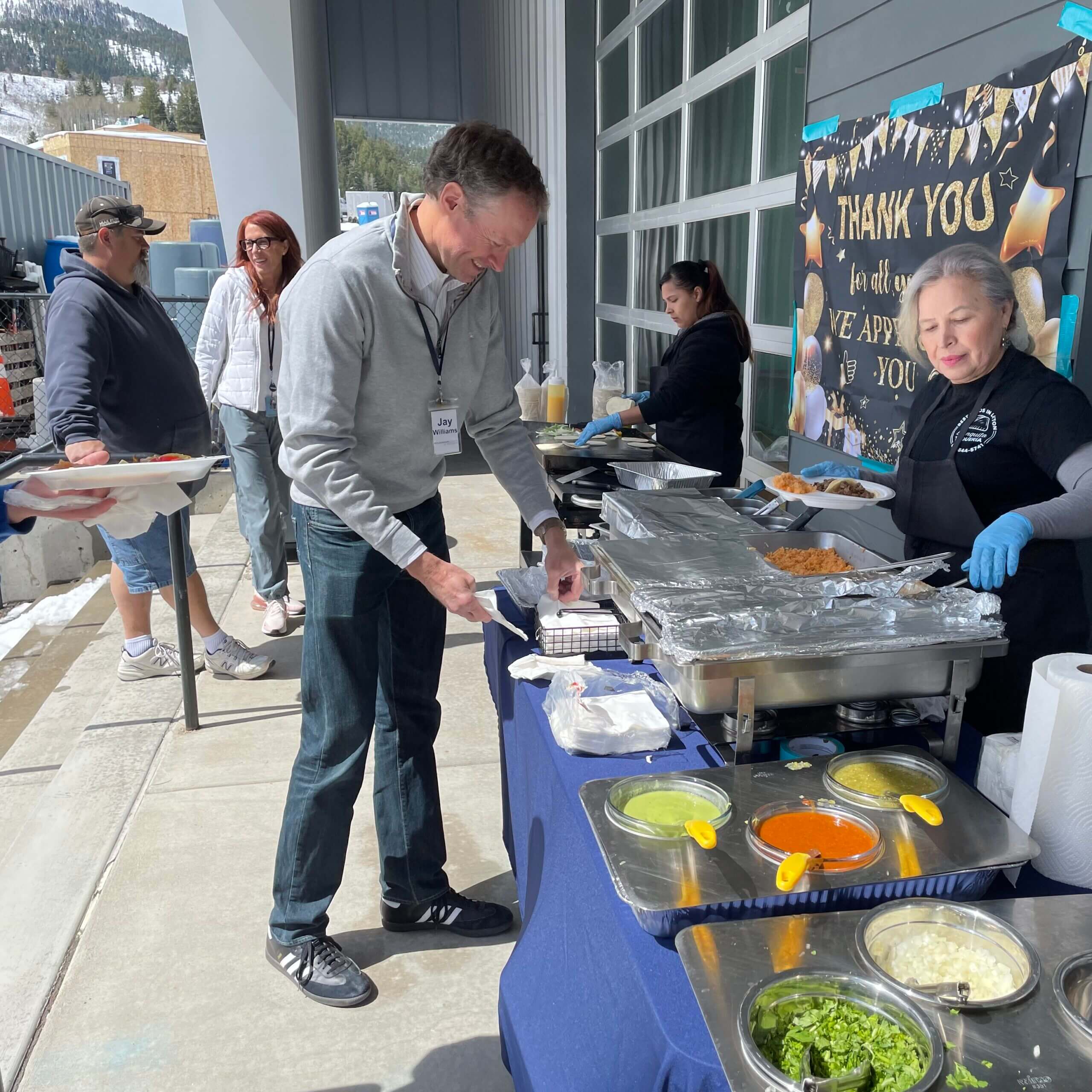We are pleased to announce that WSD was awarded the Utah State Charter School Board’s…

When Frederick Douglass spoke these words, they were fighting words, anticipating the Civil War, and in some ways, the Civil Rights Movement. As a consequence of his own long and arduous struggle for freedom, Douglass understood that in physical and moral battles, and even in the fight for one’s own mind or soul, individuals must struggle in order to succeed. Those who don’t understand the “agitation” that comes with progress, Douglass explained, are those “who want crops without plowing up the ground, rain without thunder and lightning, and the ocean without the awful roar of its many waters.”
Frederick Douglass believed that progress starts with the desire for something of exceptional value, and the willingness to endure work, suffering, or sacrifice to get it. He opposed the oppressor, but also saw that people can be self-limiting. For Douglass, progress lay not just in the power of believing you can improve your circumstances, understanding, or station, but in the absolute moral obligation to do so.
As the 2016-17 school year begins, we embrace the principle that our students’ growth and our growth as a community will necessitate struggle—purposeful, continuous, and strategic struggle. We anticipate this process with great pleasure and also with commensurate gravity, knowing how much depends on it. Thank you for entrusting your children to us—to guide, support, and love them in the coming year. We look forward to our educational partnership with you as parents and families in this important endeavor.
–Cindy Phillips, Executive Director
*The quote and other references are from the “West Indian Emancipation Speech” given by Frederick Douglass on August 3, 1857 in Canandaigua, New York in honor of the anniversary of that event. See also Narrative of the Life of Frederick Douglass, an American Slave (first published in 1845 by the Anti-Slavery Office).


